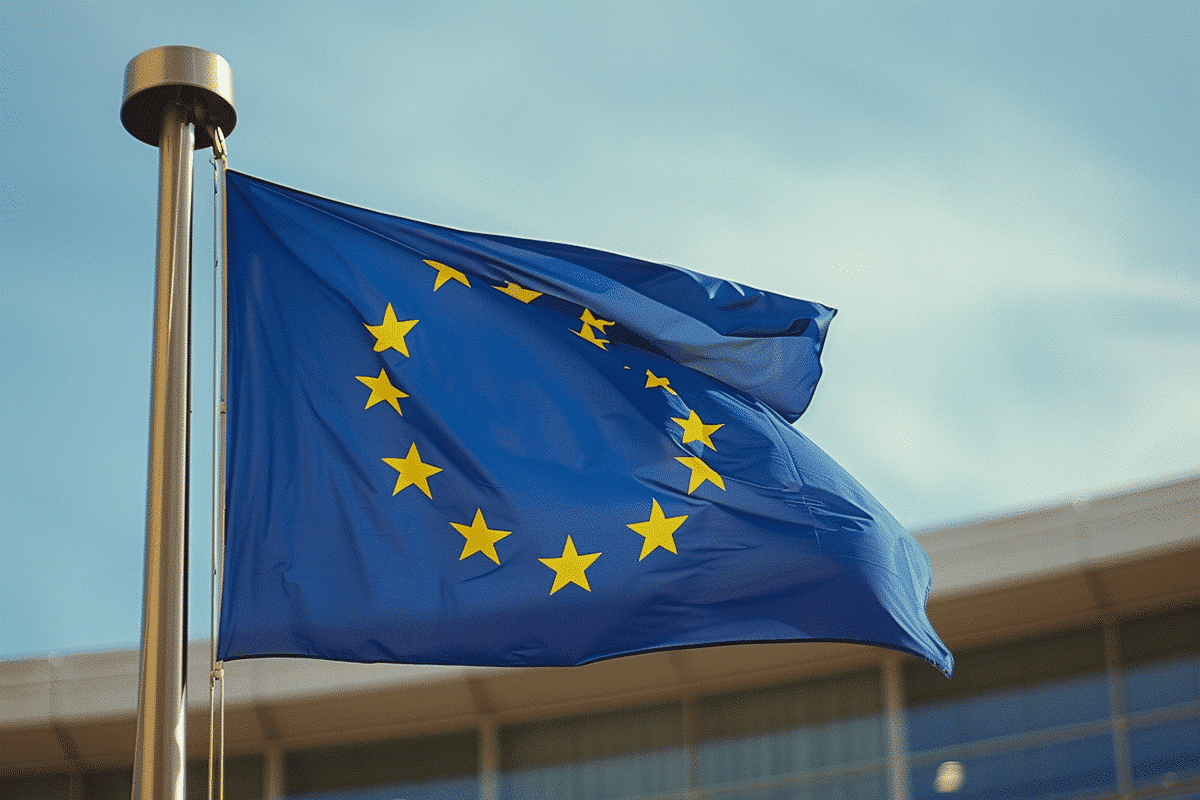The European Union has initiated a formal investigation into Meta, the parent company of Facebook and Instagram, amid mounting fears of election interference and foreign disinformation on its platforms. This move by EU officials marks a significant escalation in regulatory scrutiny of tech giants operating within the region.
At the heart of the investigation are concerns regarding Meta’s alleged failure to adequately safeguard the integrity of upcoming EU elections and combat the spread of foreign disinformation. The European Commission, responsible for enforcing EU laws, has raised specific issues regarding Meta’s handling of advertising by scammers and foreign actors seeking to meddle in elections.
One major point of contention is Meta’s decision to sunset CrowdTangle, a popular tool used by civil society groups, researchers, and journalists to monitor trending conversations on Facebook and Instagram. The European Commission contends that the discontinuation of CrowdTangle could significantly impair the ability of users and researchers to detect and combat foreign election interference, thus posing a threat to the integrity of electoral processes within the EU.
Additionally, the investigation is scrutinizing Meta’s compliance with the Digital Services Act (DSA), a landmark EU law aimed at regulating online platforms. EU officials suspect that Meta may have violated the DSA’s transparency rules by ranking political content lower in users’ feeds and by providing inadequate tools for users to report illegal content.
The potential consequences for Meta could be severe, with violations of the DSA carrying the possibility of fines amounting to up to 6% of the company’s global revenue. This represents a significant financial risk for Meta, given its status as one of the world’s largest tech companies.
Meta has stated its intention to cooperate fully with the investigation, emphasizing its commitment to identifying and mitigating risks on its platforms. However, EU regulators remain skeptical of Meta’s assurances, citing ongoing concerns about the company’s management of perceived risks linked to its products.
The investigation comes amid a broader push by European regulators to assert greater control over US tech giants operating within the region. In recent years, the EU has passed a series of laws aimed at reining in the power and influence of these companies, including the DSA and the Digital Markets Act (DMA).
The scrutiny of Meta’s activities in the EU reflects growing global concerns about the impact of social media platforms on democratic processes and the spread of disinformation. As the use of social media continues to rise, particularly during election periods, policymakers and regulators are increasingly focused on ensuring that these platforms do not undermine the integrity of democratic institutions.
In response to the investigation, Meta has reiterated its commitment to working with the EU to address concerns about election interference and disinformation. However, the outcome of the investigation remains uncertain, with the potential for significant fines and regulatory action looming over the company.
As the investigation unfolds, all eyes will be on Meta and the European Commission, as they navigate the complex terrain of regulating social media platforms in an increasingly digital world.




